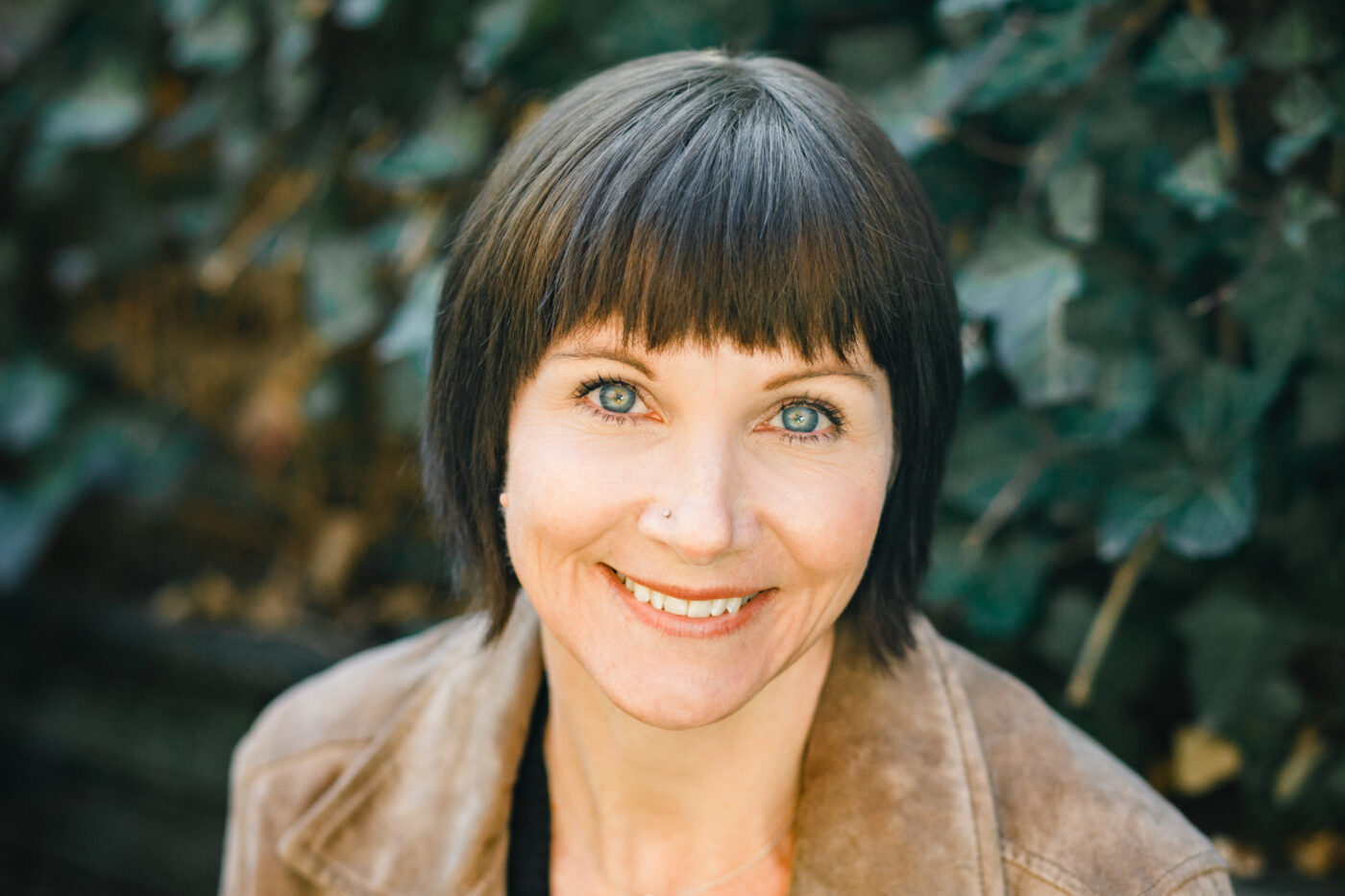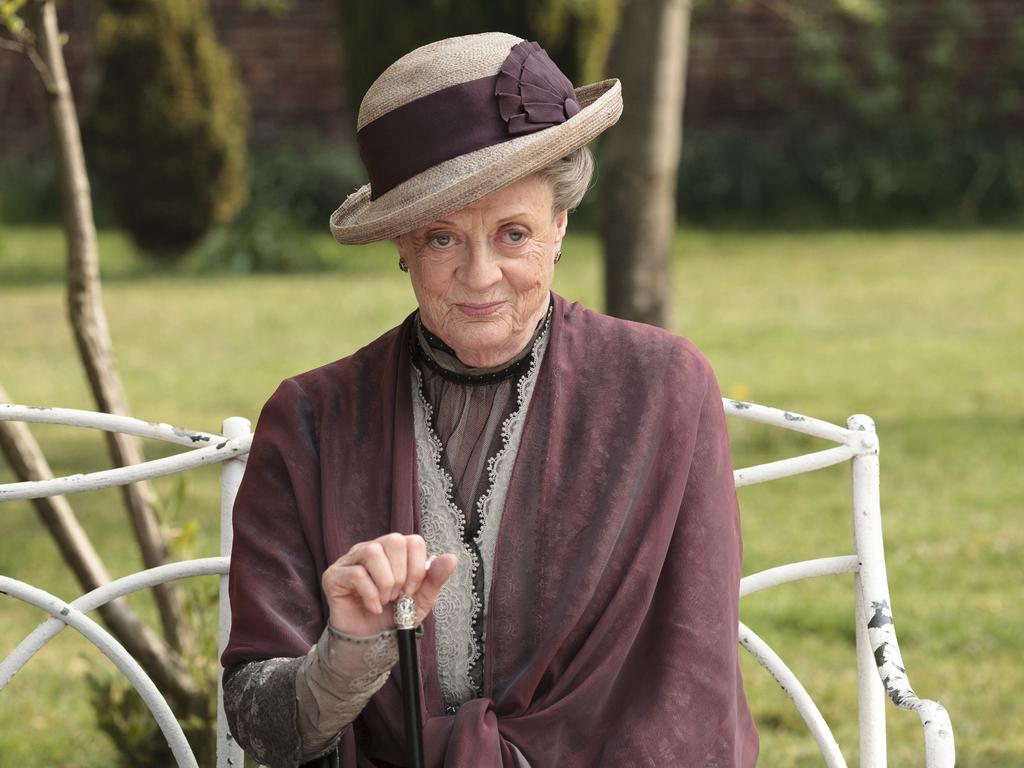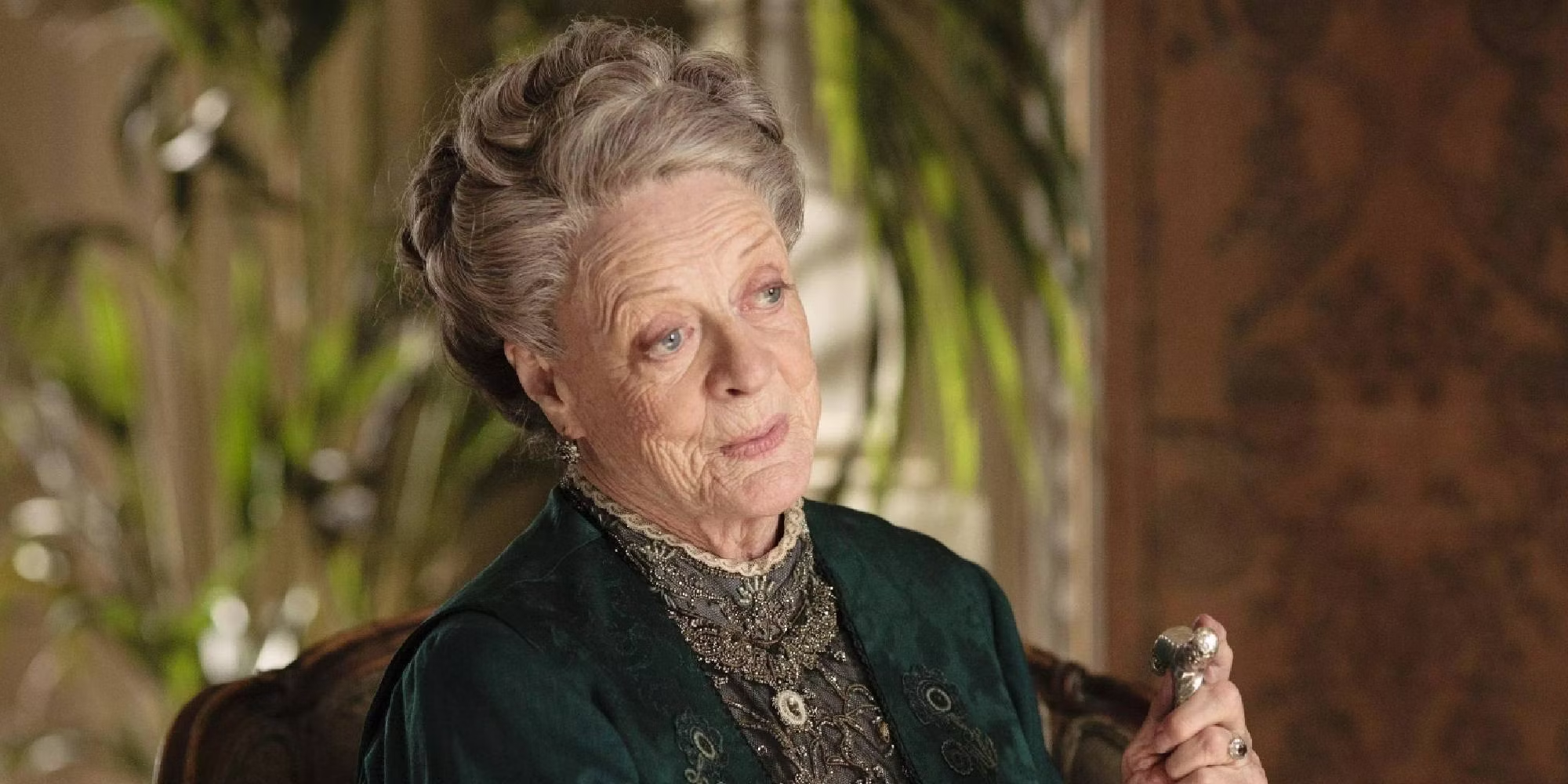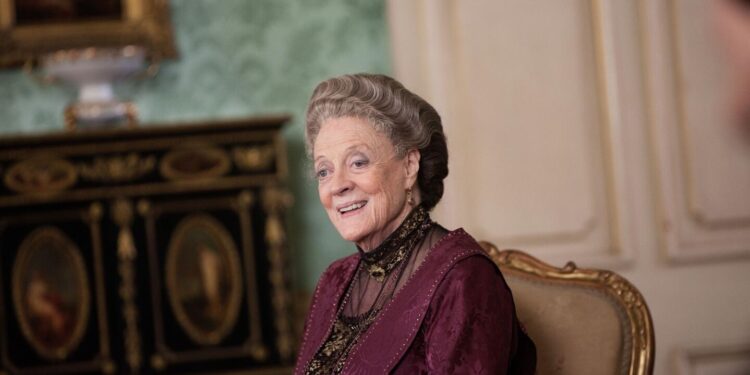In a world dominated by quick swipes and snap judgments, the story of Maggie Smith’s “shortest first date ever” strikes a chord with many. Her experience sheds light on the complexities and cruelties that can be prevalent in the modern dating landscape.

A Date to Remember—or Forget
Maggie Smith, a 32-year-old Alabaman, had prepared for what she hoped would be a delightful evening. She dressed up, did her makeup, and was excited to meet a man she had connected with on a dating app. They had been chatting for weeks; this was their moment to transition from digital to personal. Yet, within moments of meeting outside the restaurant, her date cut the encounter short, bluntly stating, “I’m just not feeling it.” This abrupt dismissal ended their date in less than two minutes.
Smith, feeling crushed, turned to TikTok to share her dismay. Her video quickly went viral, amassing 11.6 million views and sparking a barrage of comments. While many expressed support, others were less kind, igniting a debate about the acceptability of ending a date so swiftly and the reasons that might justify such an action.

The Ripple Effects of a Viral Moment
The viral nature of Smith’s video highlights the pervasive frustration many feel with the superficial aspects of modern dating. Amy Chan, a noted dating coach and author, reflects on this incident, “So many of us have experienced rejection, judgment or being mislabeled on a date—and it sucks. There’s something deeply painful about being judged superficially and not even given a chance as a human being.”
Smith’s story also illuminates the harsh realities of online dating, where people often make snap judgments based on minimal information. This “relation-shopping” mentality, as some have dubbed it, treats the dating process more like an exercise in scrolling through a catalog than forging genuine connections.

The Impact of Quick Judgments in Dating
This incident is a stark reminder of how online dating platforms, while connecting more people, have also altered the way we interact with potential partners. Stephanie Sarkis, a psychotherapist, explains the psychological toll such experiences can have: “It can be very triggering, and it can be shocking to have someone treat you like that. Unfortunately, this is the side of online dating that we really need to look at, which is that it encourages split-second decision making, which isn’t always fair.”
Despite the painful experience, Smith has chosen to step away from dating apps and focus on meeting people in more traditional settings. She hopes her ordeal will remind others to treat potential partners with dignity and respect, emphasizing that “Preferences aren’t the enemy… There’s just a way to treat people if they’re not your preference.”

Lessons in Love and Resilience
Chan advises that unless safety is a concern, it is more respectful to give a date the time originally planned. “There’s a real person in front of you, and you shouldn’t treat them like a disposable object just because you’re not immediately attracted to them.”
For those navigating the often tumultuous waters of dating, Chan offers a word of encouragement: “It only takes one. Just because it didn’t work with one person doesn’t mean you should stop creating opportunities for love in the future. You have to keep getting back up, and dating does require building the muscle of resilience.”
Maggie Smith’s viral tale is more than just a story of a date gone wrong—it’s a poignant commentary on the state of modern dating, where the human element often feels overlooked. Her experience serves as a reminder to all: in the quest for love, kindness, and patience are virtues that never go out of style.










